Terra Elan McVoy's Criminal, Out in Paperback!
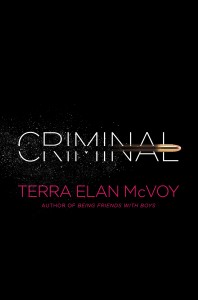
Nikki’s life is far from perfect, but at least she has Dee. Her friends tell her that Dee is no good, but Nikki can’t imagine herself without him. He’s hot, he’s dangerous, he has her initials tattooed over his heart, and she loves him more than anything. There’s nothing Nikki wouldn’t do for Dee. Absolutely nothing.
So when Dee pulls Nikki into a crime—a crime that ends in murder—Nikki tells herself that it’s all for true love. Nothing can break them apart. Not the police. Not the arrest that lands Nikki in jail. Not even the investigators who want her to testify against him.
But what if Dee had motives that Nikki knew nothing about? Nikki’s love for Dee is supposed to be unconditional…but even true love has a limit. And Nikki just might have reached hers.
Beyond the Book: Terra's Thoughts
In advice to writers, Stephen King says, “Write the truth.”
Ernest Hemingway also famously said, “Write what you know.”
My thesis director and writing mentor, Mark Winegardner, went further to say, “Write what you most want to understand.”
It was this thought that motivated me to start writing
Criminal. In 2011, I heard about a murder case in which a young man was accused of killing one of his girlfriend’s parents, out in broad day. When I discovered he had an accomplice—another young woman with whom he’d also been romantically involved—I was even more intrigued.
“Who would do such a thing? And why?” Of course I was thinking of the shooter, but really I was most perplexed by the second girlfriend—the one who allegedly helped him do it. Who was she? Why did she go along with it? Did she know about his other girlfriend? And what happened to her after the fact?
Reading helps us to imagine things we haven’t experienced on our own, and to, ultimately, empathize with our fellow humans. In writing
Criminal, I aimed to explain to myself—and to therefore understand—what it would be like to be a girl very different from me and most of the characters in my other books: someone without resources, without confidence, without an education or good family, and often without hope—so much so that she’d participate in such a horrible crime.
The result of my imaginings (and my research) is in this book. I didn’t write it to justify, or excuse, any kind of criminal behavior in the slightest. Instead I hope that in doing so, my readers and I can get closer to understanding that people who make terrible choices like this are more than just the results of their crimes.










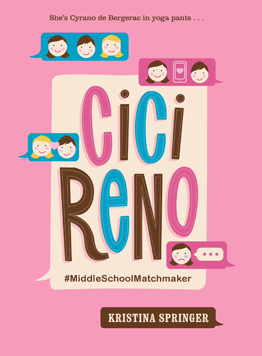
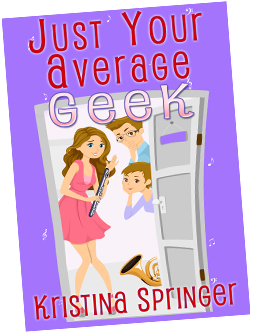
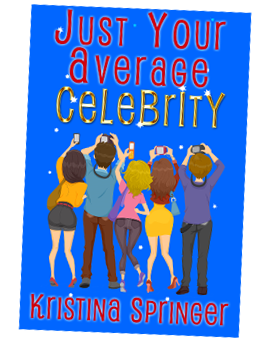
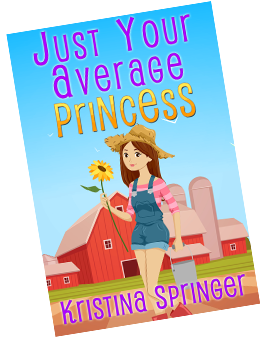
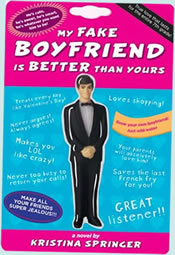





No comments:
Post a Comment